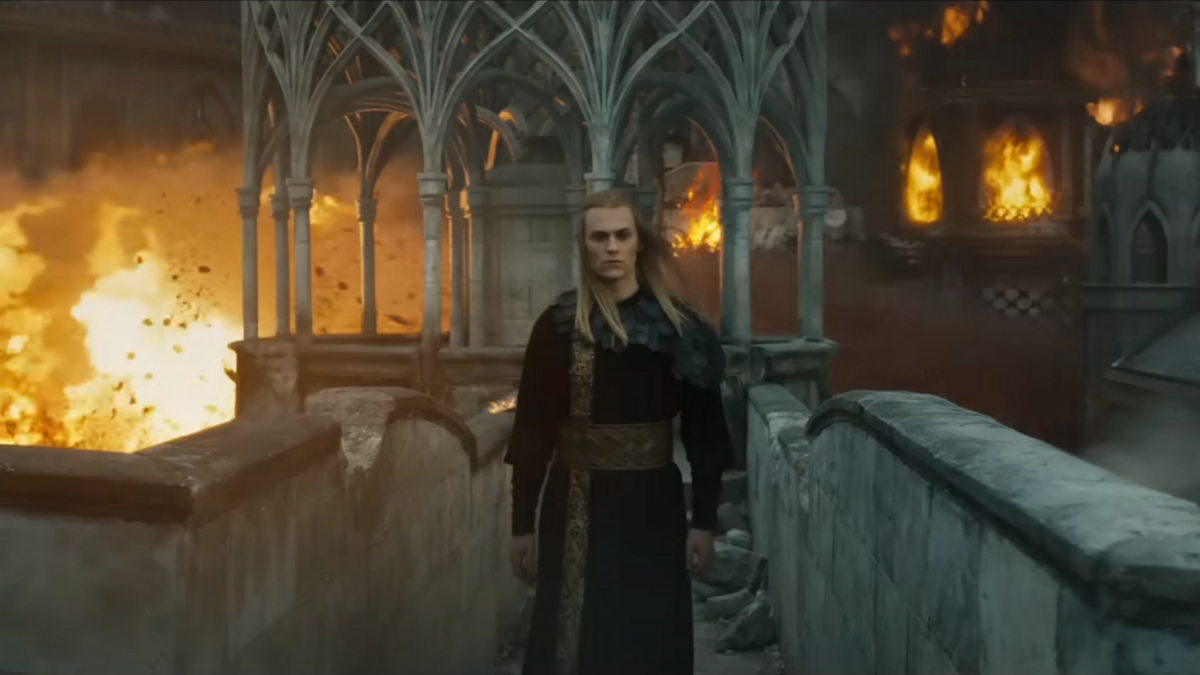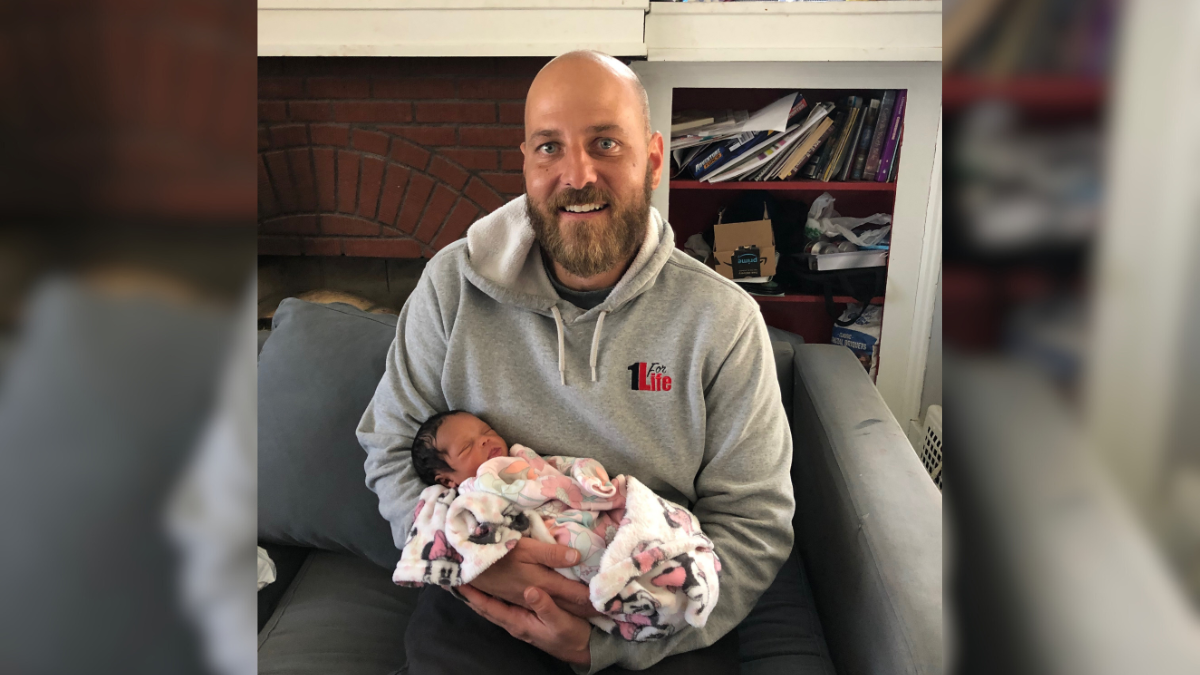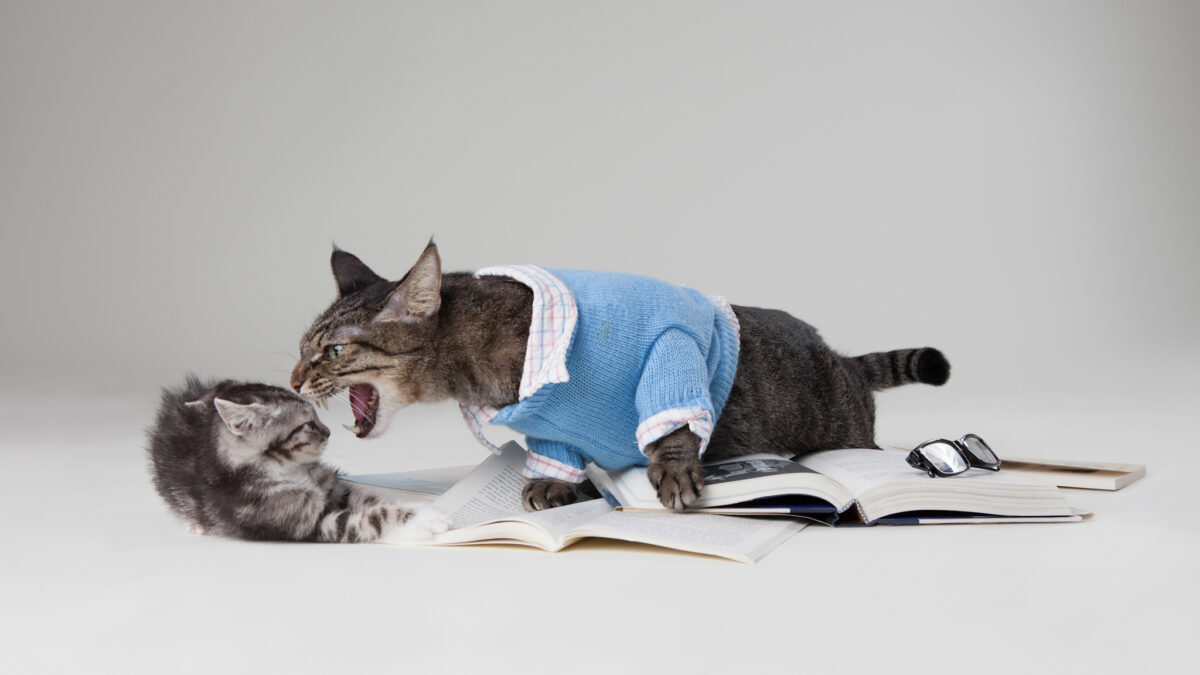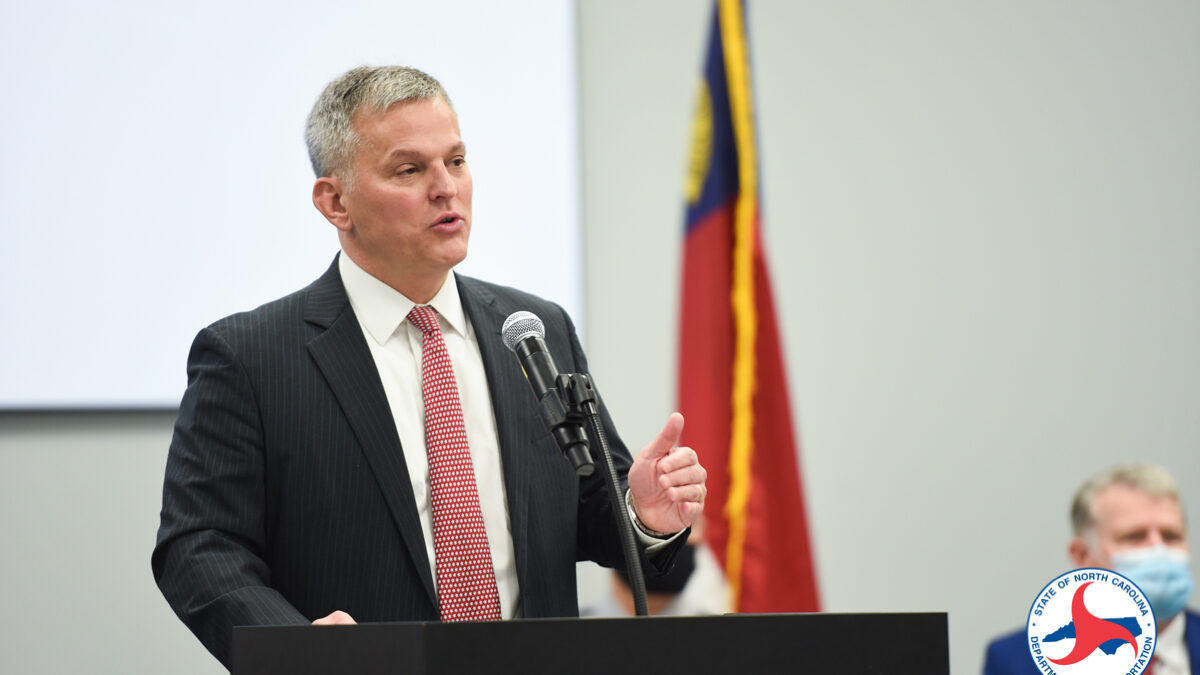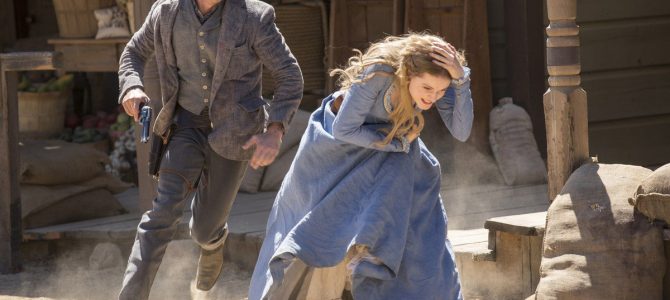
The first season of Westworld has been even more popular than HBO could have hoped – beating Game of Thrones with viewers in its first season. It has provoked a great deal of reaction online, with dozens of fan theories that ultimately proved correct over the course of the season. The performances in it, particularly by Anthony Hopkins, Jimmi Simpson, and Thandie Newton, are excellent. The cinematography is superb. It’s not a bad show. But it’s not as good as some people seem to think it is. I have a few ideas why this is.
For a show that presents itself as a real brain twister, Westworld had far fewer surprises than it teased. Plot paths were more predictable than implied. Repeatedly showing the same well-worn images of memories got very dull. If you try binge watching Westworld, you will become so tired of Newton and her daughter running through the fields and the scattered dead bodies from Wyatt’s rampage that you might as well just skip ahead. There is just not enough plot here to justify ten episodes, and certainly not enough twists. The big reveals in the finale took the air out of the Newton’s plotline and gave viewers exactly what they expected from Simpson and Harris. No one likes a suspense movie you can figure out after the first fifteen minutes, and Westworld had this problem with virtually every episode.
Sean Davis compares the show to Lost, another JJ Abrams project which had big promise but ultimately fell flat. This seems unfair to me. I never watched Lost consistently, but I knew plenty of people who did, and the ultimate fury at the show – its promise of intricate secrets turned into one big lump of mush – seems to be a brand of hatred unique among all TV fandoms. Ross Douthat sounded his disagreement with Sean here. And John Davidson has a rebuttal here. A better comparison might turn out to be The X-Files, minus the solid monster of the week episodes. The overall X-Files story arc had incredibly intricate and implied secrets of the conspiratorial and alien variety, but the ultimate resolution to the story was hardly satisfying and a lot less surprising than expected. Think of Ford in Westworld as the Cigarette Smoking Man redux – a figure of indeterminate but significant power and agency, potentially malevolent, but also potentially world-protecting (without the hatred for the Buffalo Bills, of course).
The bigger issue I have with the show is that it is not about the thing I thought it would be about: namely, the ethics of video games. The billion dollar industry has produced thousands upon thousands of Men In Black just like Ed Harris – people who spend hundreds of hours in investigating the secrets of games (I admit to logging hundreds of hours in Skyrim and Fallout). There is real potential here for a series that would delve into these issues, particularly one which shares many plot points, scenes, and subject matter with one of the most successful games in the past decade: Rockstar’s Red Dead Redemption, a kind of Grand Theft Auto With Horses game featuring Hollywood-level talent and a plotline that honors the best spaghetti westerns. It is also one of the unique games where you, the protagonist, must die in the penultimate conflict in a kind of tragic penance for your sins. “These violent delights have violent ends” might have been laid over the whole story arc of Red Dead, which includes bizarre subplots featuring a lonely Sasquatch and a top-hat wearing Lucifer. And the conclusion of the first season, if interpreted as valid and not just performance art, is almost an echo of the end of Bioshock, where corporate mastermind Andrew Ryan brings about his own demise, forcing you to beat him to death with a golf club as he shouts to your face “A man chooses, a slave obeys.”
There’s great ground to be explored here in Westworld. How does your mind process the ethic of a world where you can do anything with abandon? In a key moment in Star Wars: Knights of the Old Republic, you can if playing as a dark side character command a Wookie who owes you a life debt to kill his child-like female companion. If you want to unlock every achievement, this is something you must do. So do you have any qualms about doing it? Is there a pause before you hit the command? Or do you do it without thought, because these are just mindless sprites and pixels reacting to your desires?
An exploration of the challenges of morality in such an age would be interesting. Instead, Westworld decided to go in a safer and more predictable direction. It’s Jurassic Park with robots instead of dinosaurs. It’s The X-Files with robots instead of little green men. And unlike both storylines, they have the ability to be incredibly lazy. Here, Jonathan Nolan admits that the ability to use the hosts to fake-kill people and resurrect them is limitless. No one is dead; no one is alive. They can always just be a host, standing in and saying lines and leaving the real Anthony Hopkins safe behind the mask of the Great and Powerful Oz to come out in the grand reveal of season 2.



